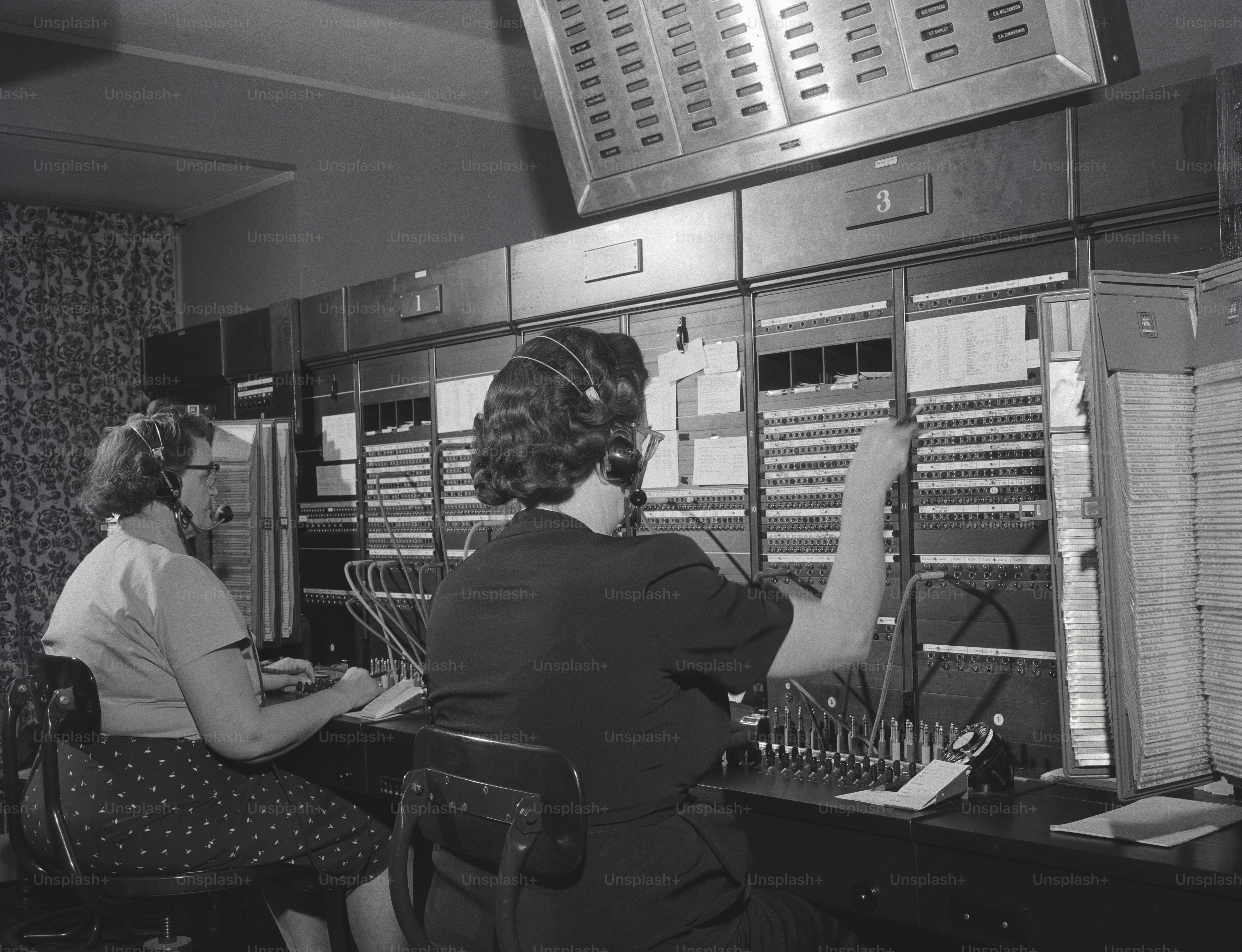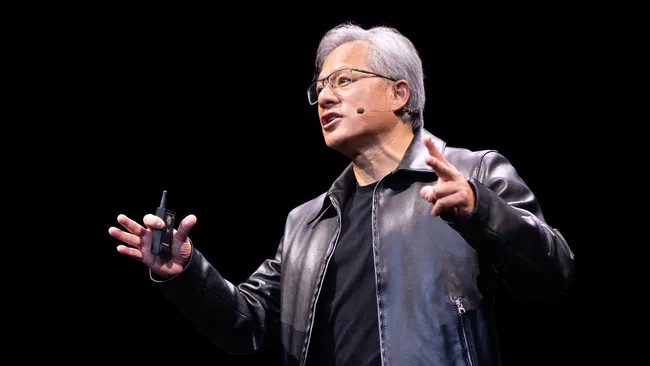Nvidia CEO Jensen Huang recently sparked debate at the World Government Summit in Dubai by suggesting that the necessity for individuals to learn coding is diminishing due to advancements in artificial intelligence. He posited that as AI increasingly takes over programming tasks, the imperative for young people to acquire computer science skills may wane. Instead, Huang advocates for a shift in focus towards expertise in diverse fields such as biology, education, manufacturing, and agriculture. His vision is that AI will democratize programming, replacing traditional coding languages with intuitive human language prompts.
Should we dismiss his assertions outright?
Current Landscape of AI and Employment

Today, many trained models are marketed as AI, despite the original intent of artificial intelligence being to enhance or replicate human intelligence more effectively. If we approach a reality where AI achieves this goal, Huang's claims regarding the decline of coding could gain traction, particularly for those whose careers are built around programming.
Historical Context
The conversation surrounding technological unemployment is not a novel one.

In 1930, British economist John Maynard Keynes warned about technological unemployment in his writings. He highlighted concerns that labor-saving innovations could outpace job creation.
Karl T. Compton, MIT's president from 1930 to 1948, significantly contributed to this discourse in his 1938 article titled "The Bogey of Technological Unemployment." Compton questioned whether machines would serve humanity or become destructive forces, framing an ongoing debate about jobs and technological progress.
Historically, we've seen a gradual replacement of human labor, particularly for tasks that do not require constant decision-making by machinery, resulting in increased precision and efficiency at lower costs.
Compton's insights remain pertinent today as we grapple with contemporary anxieties surrounding AI and automation, emphasizing the need to understand the broader economic ramifications of technological advancement.
Envisioning a Jobless Future

Imagine a future characterized by:
- Living life to its fullest.
- A society where jobs do not define personal worth.
- Individuals not compelled to work merely for survival.
- Soldiers presented with choices beyond "Kill or Be Killed."
However, this ideal remains distant. For now, we must adapt to changes as they arise.
The Real Challenge: Slow Adaptation
While it may be daunting to envision how AI will reshape the job market, the real challenge lies in our slow pace of adaptation. Unlike sudden economic crises that demand immediate responses, the gradual erosion of traditional job roles due to AI can go unnoticed by both authorities and the public.
This slow transition can create a false sense of security; as long as some employment opportunities remain, albeit fewer many may cling to hope for traditional job security. This reluctance to recognize shifting employment landscapes can lead to complacency among policymakers and workers alike.
The result is a creeping sense of insecurity about the future. Without a clear understanding of AI's long-term implications on employment, individuals may find themselves unprepared for navigating these changes.
Conversely, if transformation were sudden and dramatic, it would likely draw immediate attention from authorities and catalyze decisive action. Urgency would drive both policymakers and workers to focus on strategies for adaptation and mitigation.
By emphasizing the issue of slow adaptation, we highlight the need for proactive measures to address challenges posed by AI-driven automation. Recognizing the gradual decline of traditional roles is crucial for formulating effective strategies that facilitate workers' transitions into new, AI-enhanced industries.
Conclusion
Leaving AI aside, even with just LLMs, we might soon be able to generate efficient code from very low level system designs. And in further future even that much efforts might not be needed. So,
Should We Still Learn to Code?
The answer depends on recognizing that many subjects in our academic curriculum are not directly tied to specific professions yet are still deemed essential. Should coding be treated differently? Is it acceptable to relinquish control over our technological future?
Ability provides us with the sense of independence in an increasingly dependent future.

